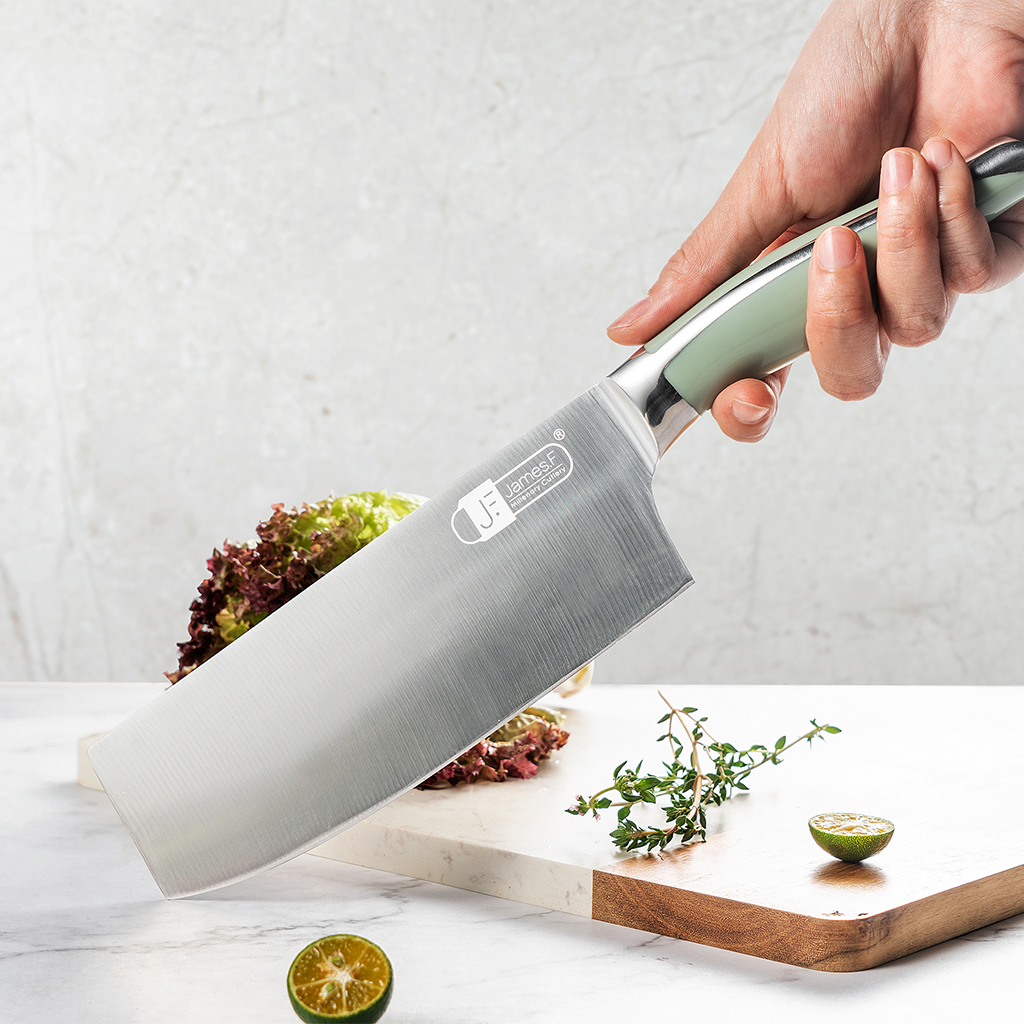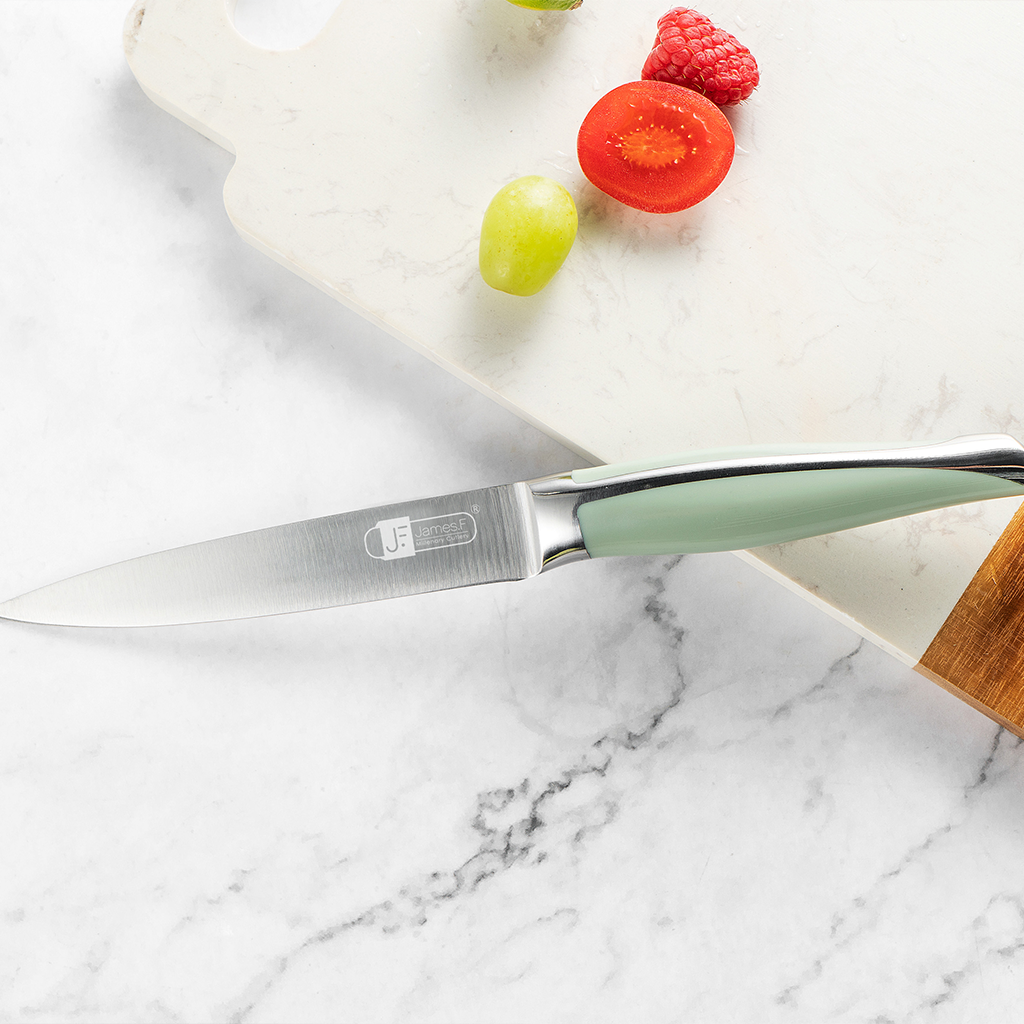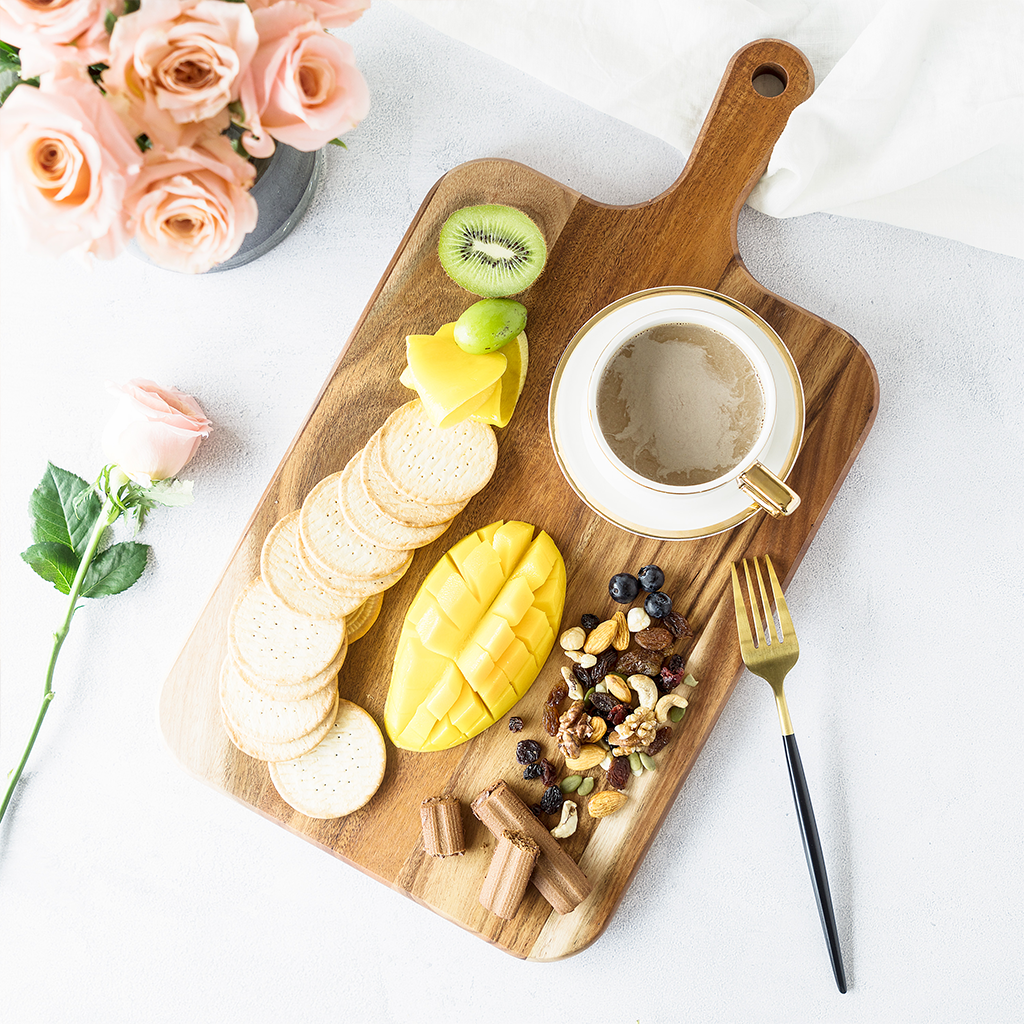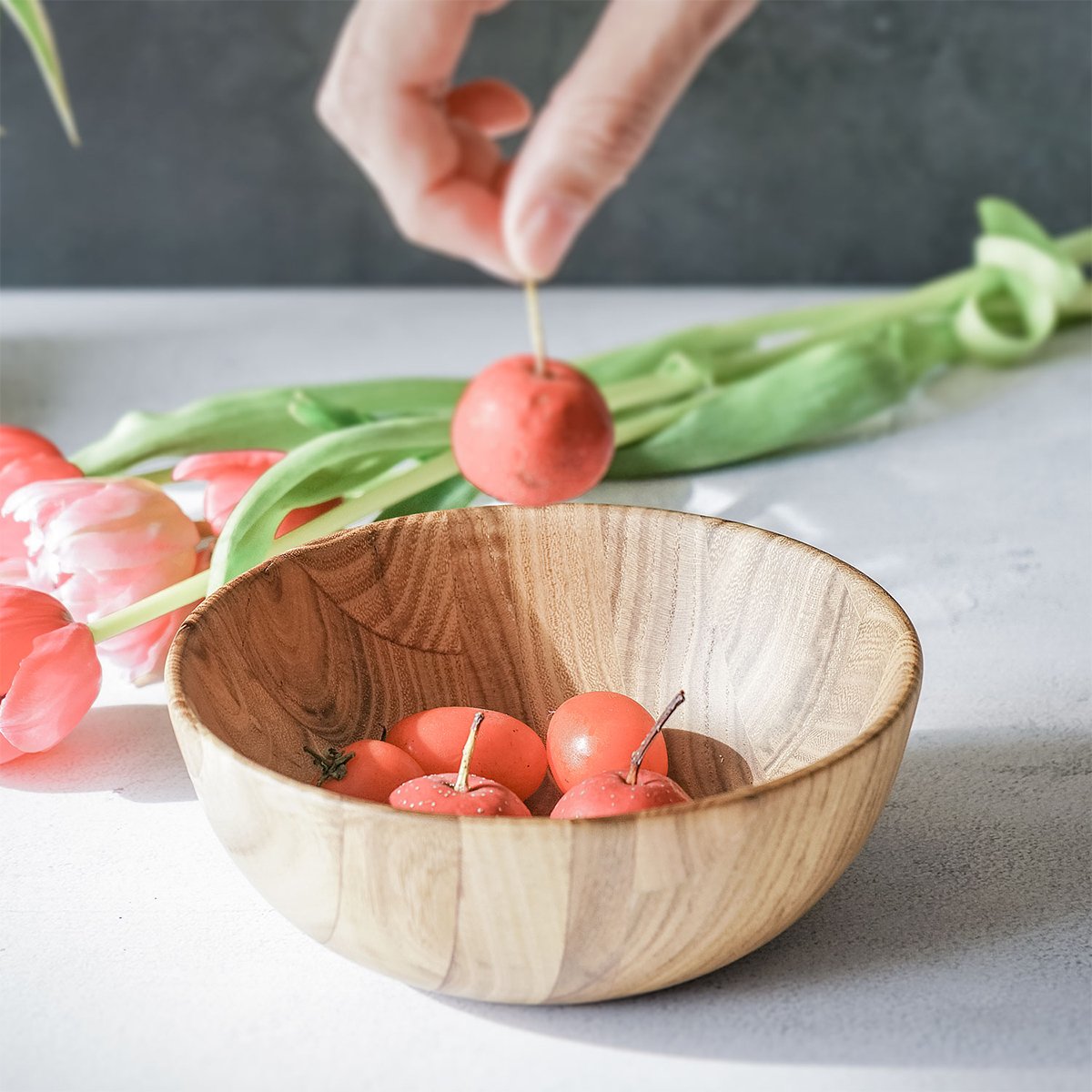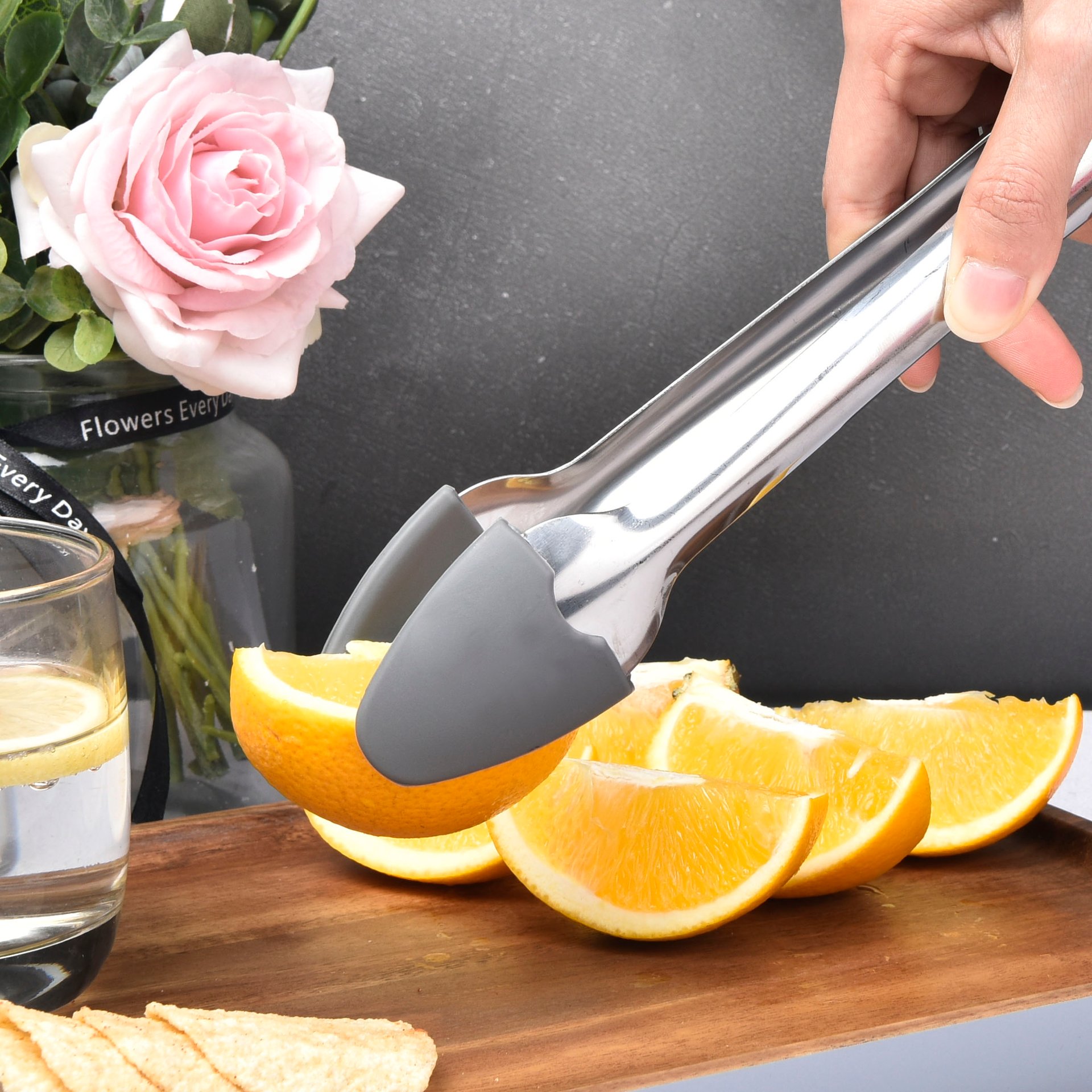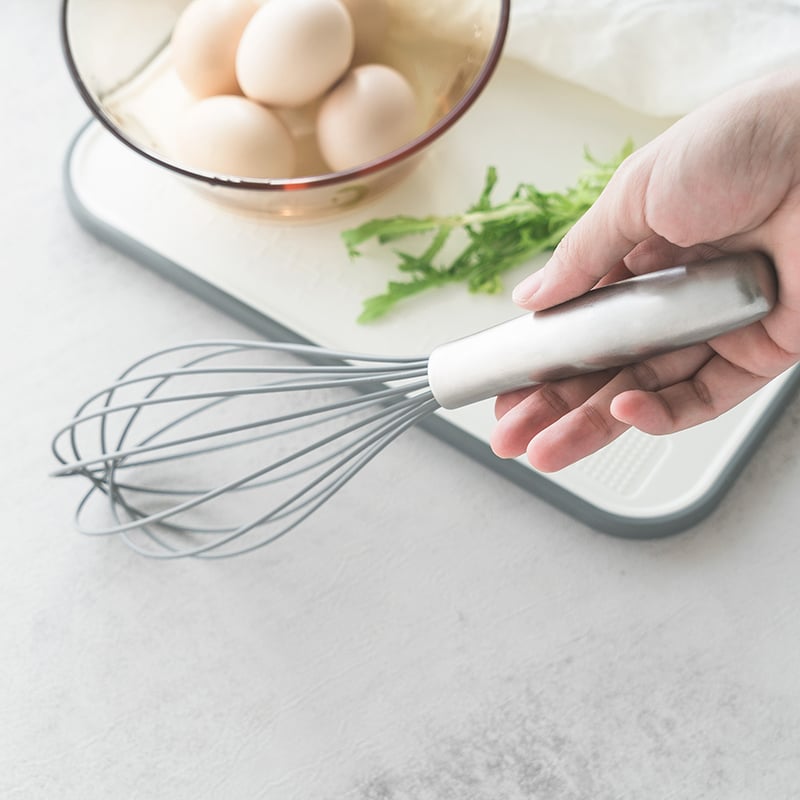Regarding whether oils and other substances are suitable for use to maintain cutting boards or butcher blocks properly, there is a lot of contradicting information available. The items on the list below will help you decide which ones to use to clean and maintain the aesthetic appeal of your board for many years to come.
Safe and Environmental-friendly
Mineral Oil
If you're concerned about choosing the proper mineral oil, "white mineral oil" products are thought to be food safe because they have undergone some refinement beyond other oils. If you are unsure of a product's recommended use, always make sure to carefully read the labeling.
Cutting boards won't shatter if mineral oil is applied frequently to keep them from getting dry and brittle. Oil-treated boards also keep liquids from permeating them, which is often where germs and bacteria are found.
Coconut Oil (Refractionated)
Due to its high content of healthy saturated fats for the skin, coconut oils have recently gained enormous popularity for a range of uses, particularly in beauty. Coconut oil is not immune to the unfortunate fact that all lipids exposed to air eventually turn rancid (even though some bloggers claim otherwise). The fractionation procedure, which is a fancy way of saying that the oils have been steam distilled, is used to refine a specific subset of coconut oils. The long-chain triglycerides (LCT) in coconut oil are separated during this distillation process, leaving just the medium-chain triglycerides (MCT) behind. Almost pure oil is left behind that is superior to most other oils and won't go rancid. It is also shelf-stable.
Use With Caution
Linseed oil
The flax plant is pressed to produce this oil. Humans can safely consume raw linseed oil. Linseed oil has been heated and chemically processed to make it harmful for humans. Woodworkers praise linseed oil for its ability to repel water and leave surfaces shiny after use. However, one disadvantage of organic oil is the potential for rancidification. All organic oils frequently experience rancidity, which is brought on by the hydrolysis and/or oxidation of lipids. For us, this translates to a board that still has a foul odor or flavor. Despite this, some claim that linseed oil doesn't get rancid at all and that it doesn't go rancid as soon as other oils do.
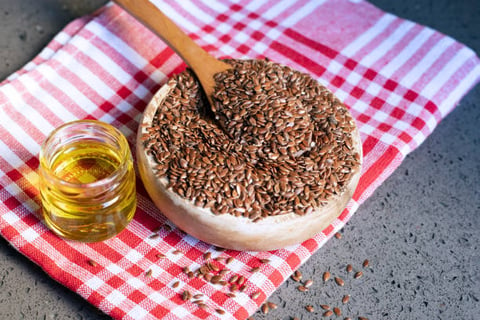
We offer quality cutting boards made of Acacia wood. Don't hesitate to get in touch with us at [email protected].

